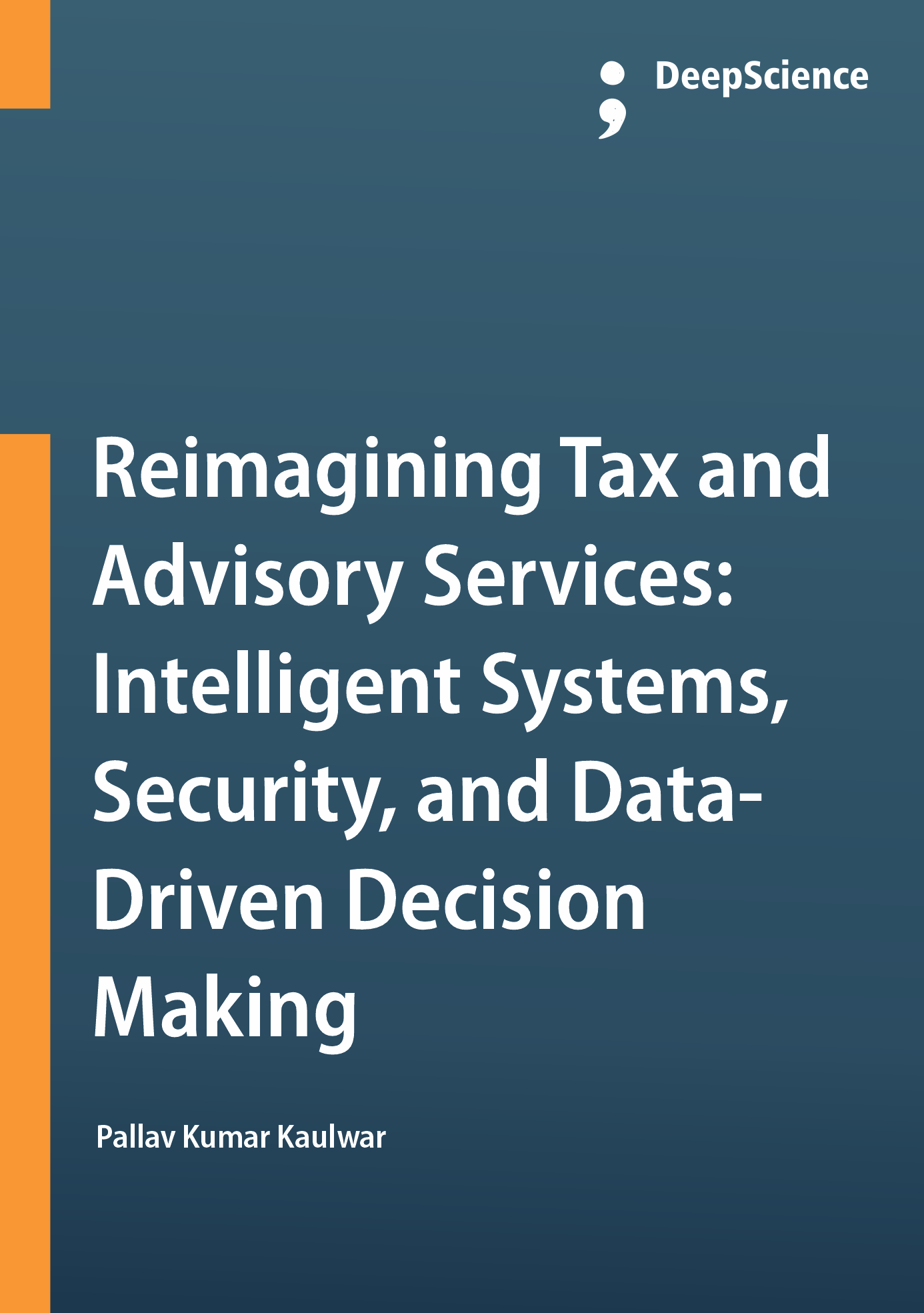Tax intelligence: Using artificial intelligence to navigate complex tax codes and regulations
Synopsis
Tax Intelligence is a comprehensive legal technology package that leverages Large Language Models (LLMs) to conduct legal analysis surrounding taxation questions. Tax Intelligence has five major components: Tax Doc Search, Tax Doc Q&A, Tax Summary, Tax Matter Expert, and Tax Code Generation. There is an enormous breadth of federal and state law about taxation--evidence of this can be seen in the vast amounts of information housed on the IRS website and similar amounts across DORs around the US. At the same time, the tax code is one of the largest legal codes. A 2024 paper estimates that the IRS Revenue Code Regulation (Treasury Regulation) is over 265k words long (of which more than 54% are uniquely used terms). The complexity and enormity of taxes present people and companies with a vast and dense legal landscape to navigate.
Since 2020, generative artificial intelligence LLMs have rapidly commercialized and impacted a broad range of sectors, including cybersecurity, healthcare, and gaming. In the legal domain, this has been seen in the form of several LLM-based legal technology products designed to support lawyers, paralegals, and businesspeople. Most existing tools derive from models and applications first developed prior to 2020, with LLMs emerging afterward generalized to a wide range of domains. In late 2022 and early 2023, the “ChatGPT moment” occurred, where LLMs became widely available and began experiencing rapid take-up and more sophisticated usage. LLMs have rapidly matured such that there is emerging evidence that they can do things that previous automated legal technologies could not necessarily accomplish. One such area is that LLMs can help with complex and multifaceted questions where the relevant facts or legal texts may need to be summarized from an uneven, unstructured, and often large set of raw materials.
Many tax decisions require mastery not only of facts and law but also of numeric literacy. Tax is one of the few areas of law that focuses on mathematical logical reasoning. Recently developed LLMs have rapidly reached human parity in math abilities. A 2023 paper examines how and to what extent LLMs can be used to interact with complex tax codes and regulations. This paper identifies and engages several baseline tax law questions to assess legal capabilities and challenges using LLMs specifically with wide legal applicability.













